Shame and Addiction: Unmasking the Silent Struggle
In the shadows of every substance use disorder lies a deeper, often unspoken struggle—the shame of addiction, which also refers to the shame of things that may have occurred throughout your addiction. For many of us, the first step toward recovery isn’t just putting down the bottle or needle; we must face the intense feelings of guilt and shame that have wrapped themselves around the soul like chains. This cycle of shame and addiction, often invisible, can be one of the most vicious cycles, next to that of addiction and incarceration, keeping us trapped in active addiction longer than we could have ever imagined.
Shame doesn’t just make us feel like we’ve made a wrong choice—it convinces us we are bad people. It’s a driving force behind the negative emotions that fester in the heart of addiction. Whether it’s alcohol addiction, drug addiction, or any other form of substance misuse, shame is the constant companion that whispers, “You are not enough.” And for so many of us, this voice becomes deafening. I have spent most of my life running from this voice. Screaming at the top of my lungs for it to leave me alone only to have it persist. This gave my addiction the longest burning fuel, which ultimately led me to a life of trying to run from a shame that, in all actuality, should have never been my own. Sound familiar?
What is Shame?
At its essence, shame is a disconnection. It arises when we feel intense emotions in solitude, lacking support or understanding. As children, we depend on caregivers who are emotionally able to aid us in processing our overwhelming feelings. As modeled via their body language, tone, and validation of our emotions, we feel safe and content. This experience helps us internalize a sense of worthiness, the belief that the world is a good place and that it’s safe to form connections with others.
But when caregivers don’t respond this way—whether they’re too busy or distracted or react with anger or criticism instead of empathy—we’re left to manage those big emotions alone.
Without that sense of connection, our feelings can feel uncomfortable and uneasy. Instead of feeling validated by someone’s support, we feel abandoned. Instead of finding comfort, our emotions spiral out of control. Over time, instead of our distress fading, it builds up, and we retreat into fight or flight mode.
We start to believe that something must be wrong with us—that it’s our fault for not getting the support we need. Without the tools to process these emotions, we internalize toxic beliefs like, “I’m bad,” “I’m not worthy,” or “I’m unlovable.” If this pattern repeats enough, any strong emotion or attempt to connect with others can trigger a deep sense of shame.
HEAL-thy Emotions Again
I talk about HEAL-thy emotions a lot because it was such a breaking point for my journey. As substance users, we have very little emotion regulation, and we don’t understand that emotions are HEAL-thy. Emotions exist to be felt, but we have never known this, so we repress our core emotions, hide our shame and guilt, and don’t even cry because we see it as weak. It’s not weak, and we definitely arent weak. We hide our core feelings, which makes us unable to access or process them, so they stay trapped, turning our insides black, manifesting as physical ailments, mental health issues, or discomfort and unease.
We see ourselves as different from others, and this causes us to isolate ourselves. Isolation is never good for anyone. In isolation, we become harder and harder on ourselves. We feel things differently than others and are ashamed because we are different. We feel like we are weaker than the rest of the world, and in some ways, maybe we are, but we have SURVIVED, and that has to count for something.
It embeds itself in our subconscious, influencing our behavior in ways we often don’t realize. Shame can fuel addiction. Shame has made us uncomfortable for so long that we seek out any form of comfort that we can find. By the time we discover drugs we just want to escape any way we are able and they give us that and more.
Sometimes, it can feel like intense humiliation or even trigger outbursts of uncontrollable anger. Shame also shows up in the ways we try to manage or control it, such as through perfectionism (feeling the need to appear flawless even when failure is inevitable), procrastination, avoidance, substance use, or projecting it onto others through criticism or ridicule as a way to offload the shame we feel inside.
HEAL-thy Emotions Again
The shame of addiction is a shape-shifter. It’s there in the quiet moments when someone reflects on their past actions, their negative behaviors, and how their substance use has affected family members. It’s present when our feelings of inadequacy creep in, filling us with unease and a guilt, and self-loathing. These intense feelings of shame aren’t just tied to past mistakes—they stalk our future, creating a dialouge of internal struggles that make recovery feel impossible.
The feeling of responsibility for our addictions often overshadows the fact that we are intrinsically struggling with our mental health, substance use disorder, or even panic attacks. I am dual diagnosis, which, as we know, is actually like quad-diagnosis. These painful feelings of shame make it hard to see the truth: that addiction is not a reflection of who we are as people. It’s a disease, one that often stems from a traumatic experience or the use of alcohol or drugs as a coping mechanism for deep-seated hurt. I liken shameful feelings to wearing a skin suit that is five sizes too small. You can never be comfortable. You can’t just be. It’s awful. I also liken it to a deep, dark, black hole within that sucks up and destroys anything that gets to close. Eerily accurate, isn’t it?
The Silent Enemy: Shame and Addiction
Shame is one of the worst enemies to those of us in recovery. It creates a negative impact that drives many of us back into the arms of substance use. The constant belittling that shame whispers into our ears when we are battling addiction can make us feel like there’s no way out because we’re terrible people for our past behaviors. This shame script keeps playing over and over, making it hard to imagine a brighter future or even a good life.
I often talk about self-loathing. Self-loathing is another thing. Aside from shame, that all of us have in common. No matter where you are on your journey, you hate yourself enough to pick up a substance for help escaping, which apparently isn’t what normal people do. The worst part of it is that we hate ourselves, and most of the time, we hate ourselves for something another person did to us that we had absolutely zero control over. You heard me.
It’s not our fault, but we somehow think we encouraged it, didn’t stop it, should have made them love us more, shouldn’t have allowed them to love us so much, etc. Not only was it not your fault, but you have suffered enough for that thing that was done to you that you had zero control over. It’s time to forgive them, and most importantly, it’s time you forgive yourself and get on the bus to the land of ‘I love myself‘ because self-love is more crucial than we could have ever imagined. If you want to go anywhere in life post-addiction or mental illness remission, you MUST get on that bus, friends.
Let me help you further. Here’s the most important distinction—shame is not an appropriate response to addiction. Shame forms as a byproduct of the vicious cycle of addiction, but it is not the root cause. The roots of shame often dig much deeper into past experiences, traumatic events, or long-held feelings of inadequacy. It’s these roots that need to be pulled up and addressed for true healing to take place.
How Can I Help You?
If you’re seeking guidance on your journey to healing, transformation, and empowerment, my coaching offers a unique and holistic approach tailored to your needs. With my extensive certifications in Addiction Recovery, Life Coaching, Reiki, Crystal Healing, sound therapy, and many areas of specialty certifications, I bring a wealth of knowledge and experience to help you overcome challenges, break free from limiting beliefs, and reclaim your personal power.
Whether you’re looking to rebuild your life after addiction, manage stress and anxiety, or deepen your spiritual practices, my personalized coaching is designed to meet you where you are and guide you toward the life you deserve. Together, we’ll create a safe, supportive space for your growth, healing, and success. Not to mention that in the process of getting you where you need to be, we will prove them all wrong and show them what you can do.
I am finally accepting new clients but only have a couple of spots, so if you are interested, start the process so we can get to work!
How Shame Fuels Addiction
Shame is one of the worst enemies to those of us in recovery. It creates a negative impact that drives many of us back into the arms of substance use. The constant belittling that shame whispers into our ears when we are battling addiction can make us feel like there’s no way out because we’re terrible people for our past behaviors. This shame script keeps playing over and over, making it hard to imagine a brighter future or even a good life.
I often talk about self-loathing. Self-loathing is another thing. Aside from shame, that all of us have in common. No matter where you are on your journey, you hate yourself enough to pick up a substance for help escaping, which apparently isn’t what normal people do. The worst part of it is that we hate ourselves, and most of the time, we hate ourselves for something another person did to us that we had absolutely zero control over. You heard me.
It’s not our fault, but we somehow think we encouraged it, didn’t stop it, should have made them love us more, shouldn’t have allowed them to love us so much, etc. Not only was it not your fault, but you have suffered enough for that thing that was done to you that you had zero control over. It’s time to forgive them, and most importantly, it’s time you forgive yourself and get on the bus to the land of ‘I love myself‘ because self-love is more crucial than we could have ever imagined. If you want to go anywhere in life post-addiction or mental illness remission, you MUST get on that bus, friends.
Let me help you further. Here’s the most important distinction—shame is not an appropriate response to addiction. Shame forms as a byproduct of the vicious cycle of addiction, but it is not the root cause. The roots of shame often dig much deeper into past experiences, traumatic events, or long-held feelings of inadequacy. It’s these roots that need to be pulled up and addressed for true healing to take place.
Breaking the Cycle: The Path to Recovery
The good news is that these unhealthy cycles of shame and addiction can be broken. While shame and guilt may play a significant role in keeping us in active addiction, they don’t have to dictate the future. Key steps in the recovery process involve not only addressing the discomfort and unease thst led us to addiction but also the emotional and psychological damage caused by shame.
Support groups like Narcotics Anonymous, Alcoholics Anonymous, and other 12-step programs offer a safe environment where individuals can face these intense emotions in a non-judgmental space. Group therapy and addiction treatment programs, like those offered by American Addiction Centers, help individuals identify the roots of shame and work through them, step by step. Recovery isn’t just about sobriety—it’s about healing from the inside out, about rewriting the sedative script that kept us trapped in negative self-talk.
Therapy sessions, especially those in a partial hospitalization program, can also be a great way to tackle the shame cycle up front. Understanding that feelings of guilt and shame are common emotions among people battling addiction helps us feel less isolated. Recovery efforts are supported when we recognize that we are not alone in feeling like we’ve been on a never-ending spiral of negative thoughts and behaviors.
Shame & Adsdiction
“Shame is the most powerful, master emotion. It’s the fear that we’re not good enough.”
-Brene Brown
Transforming Shame Into Healing
The best way to confront shame is to expose it. Acknowledging the unhealthy emotions that have plagued us throughout our addiction journey the first step in the road to our healing. Shame thrives in quiet isolation. But in recovery, there’s power in vulnerability, in admitting to past mistakes and allowing the healing process to begin.
For many of us, the feeling of responsibility for our addiction is overwhelming. They might think they’ll never escape the shame of addiction or make significant changes in our lives. However, a key difference between those of us who succeed in recovery and those who don’t is the willingness to confront shame head-on.
Addiction treatment programs are designed not just to help individuals stop using substances but to improve their quality of life. By addressing the negative way shame impacts someone’s self-esteem and understanding the common emotions tied to substance use, individuals can start to feel empowered rather than defeated.


Tools for Overcoming Shame
Shame is a deeply ingrained emotion, and breaking free from it requires ongoing work and commitment.
While the process of healing requires self-awareness, self-compassion, and forgiveness, it’s essential to have a toolbox of strategies to help you stay on track.
I want to share the tools that have been most helpful to me on my journey of overcoming shame, so you can incorporate them into your own life. These tools are not one-size-fits-all, and I encourage you to experiment with them to see what resonates with you.
Some may feel like a natural fit, while others may challenge you in new ways. The key is consistency and willingness to keep showing up for yourself, even on the tough days.
Affirmations for Self-Love
One of the simplest yet most powerful tools in my recovery was the use of affirmations. Shame had filled my mind with lies for so long—lies that told me I wasn’t worthy, that I was broken, that I would never be enough. To combat these negative thoughts, I had to consciously replace them with new beliefs. Affirmations became a way to reprogram my mind.
Affirmations are positive statements that you repeat to yourself, either aloud or in writing, to reinforce new patterns of thought. At first, it felt strange to say things like I am worthy or I deserve love, especially when I didn’t believe them. But over time, as I repeated these affirmations daily, they started to take root. Slowly, the negative self-talk that had dominated my mind began to weaken, and I started to believe the truths I was affirming.
Here are some affirmations you can start with:
- I am enough, just as I am.
- I forgive myself for my past mistakes.
- I deserve love, happiness, and peace.
- I am resilient and capable of overcoming challenges.
- I am worthy of living a shame-free life.
You can create your own affirmations based on the areas where you feel the most self-doubt or shame. Write them down and say them every morning, or anytime shame starts to creep in.
Mindfulness and Meditation
Mindfulness was another tool that transformed the way I dealt with shame. Shame has a way of pulling us out of the present moment and trapping us in the past, constantly replaying our mistakes and regrets. Mindfulness teaches us to stay grounded in the present, to observe our thoughts and emotions without judgment, and to let go of the need to dwell on the past.
When I first started practicing mindfulness, I realized how often my mind was consumed by shame-based thoughts. I would replay old mistakes in my head, worrying about how others saw me or judging myself for not being “perfect.” Mindfulness helped me recognize when shame was taking over and gave me the space to step back from those thoughts.
Meditation, specifically guided meditations focused on self-compassion, inner child healing, and self-love were essential. It allowed me to create a calm space where I could connect with myself on a deeper level, offering love and kindness to the parts of me that were hurting. Over time, meditation helped me develop a more compassionate inner voice, one that could quiet the shame and bring peace to my mind. I never could have imagined that my inner child was inside screaeming for help and understanding. I gained a whole new intrinsic understanding of myself, my struggles, and my inner child.
Journaling as a Healing Tool
Journaling became my go-to tool for processing my feelings, especially when shame threatened to overwhelm me. There’s something powerful about putting your thoughts down on paper—it allows you to release the emotions that are swirling inside of you and gain clarity about what’s really going on.
When shame would rise up, I would grab my journal and start writing. I didn’t censor myself or worry about what I was saying; I just let the words flow. Often, I would start with feelings of anger, guilt, or sadness, but by the end of the entry, I would feel a sense of relief. Journaling gave me the space to reflect on my emotions, understand where they were coming from, and challenge the shame-based thoughts that were holding me back.
Here are some journaling prompts that helped me work through my shame:
- What is the source of my shame? How has it impacted my life?
- What are some ways I’ve grown and changed since those shame-filled moments?
- What would I say to a friend who was struggling with the same feelings?
- How can I begin to forgive myself for the things I’m holding on to?
- What does it look like for me to live shame-free today?
Journaling is a safe space for you to explore your thoughts and emotions without judgment. It’s a tool that allows you to dig deeper into your healing process and gain insight into the stories shame has been telling you.
Creating a Shame Healing Plan
As you begin to incorporate these tools into your life, I encourage you to create a personal Shame Healing Plan. This plan will serve as a guide to help you stay on track in your recovery and give you the structure you need to continue healing from shame.
Here’s a simple outline for your Shame Healing Plan:
- Daily Affirmations: Choose 3-5 affirmations that resonate with you. Repeat them every morning and anytime shame arises.
- Mindfulness Practice: Set aside 10-15 minutes each day for mindfulness or meditation. Use this time to reconnect with the present moment and release any shame-based thoughts.
- Journaling Routine: Dedicate time to journaling at least 3 times a week. Use the prompts provided or explore whatever emotions come up for you.
- Support Network: Identify 1-2 people you trust who can offer you support. Make a commitment to reach out to them when you need to talk or process your emotions.
- Self-Care Practices: Incorporate self-care activities that nurture your mind, body, and spirit. Whether it’s taking a walk, practicing yoga, or simply reading a book, find ways to care for yourself that bring you joy and peace.
Moving Toward a Brighter Future
While shame can feel like one of the worst parts of the recovery journey, it’s not the end of the story. There are many different ways to break free from the shame cycle and begin building a productive life. Healing from addiction requires acknowledging the past without letting it define the future. The roots of shame may run deep, but they can be pulled up with the right tools, support systems, and mindset.
People’s lives can change dramatically once they begin to release the feelings of worthlessness and guilt tied to their substance use. Early recovery is tough, and intense feelings of shame may resurface. But each day in recovery offers a chance to rewrite the narrative, to move from a life of pain and addiction to one of hope and healing.
In the end, shame is just another obstacle on the path to recovery—a challenge that can be faced and overcome. With the help of therapy, support groups, and addiction treatment programs, it’s possible to break the cycle of shame and step into a brighter, more hopeful future. A future where substance use and alcohol abuse no longer define who you are. A future where healing is not just possible but inevitable.
Final Thoughts
If you’re someone who has experienced shame and addiction, know this: you are not alone, it’s not your fault and never was, and you are not a bad person. Recovery is possible, and it’s one of the best things you can do for yourself.
Shame has no place in your future. What awaits you is a good life full of positive changes, healing, and growth. I am loving proof, friends. I want to help you in any way I can. It starts with acknowledging the shame, understanding its roots, and choosing to move forward. One step at a time.
If This Post...
If this post resonated with you or you have something you would like to add or share, please do so in the comments below. You know I love to hear from you. You could also support my work by liking, sharing, commenting, subscribing, following, and registering to join our free-of-charge, supportive, all-inclusive, judgment-free, meet-you-where-your-at online community where teachers learn, and learners teach all while working together to #provethemallwrong and #showthemwhatwecando.
In our support forums, you can give support or receive support all on the same day. This community is for all of us who are more progressors, less perfectors. Addiction is not a prerequisite. All are welcome. This is a new, growing community, so please have patience, and if there are any issues, please contact me at [email protected]
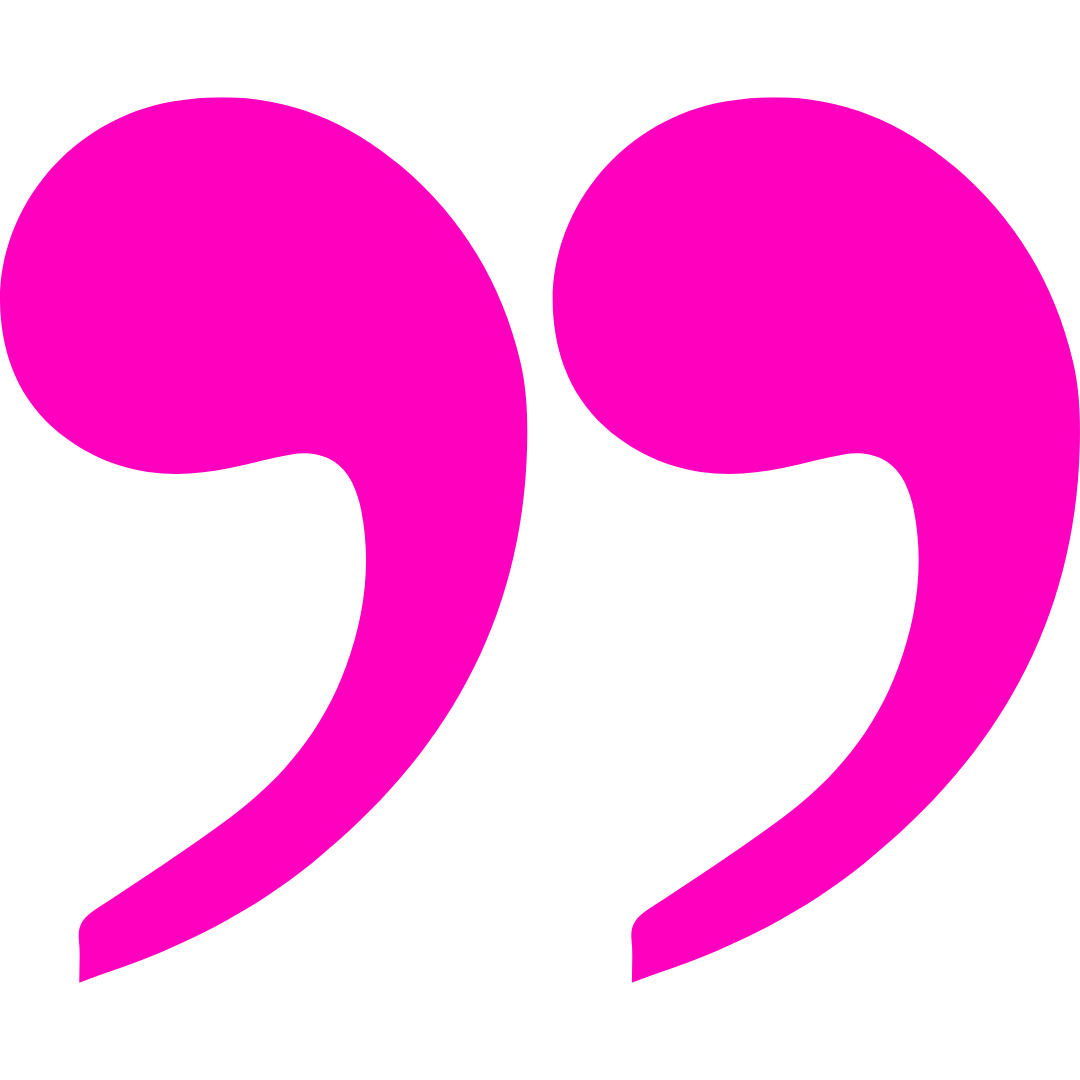
Post Off Quote
"Guilt is just as powerful, but its influence is positive, while shame's is destructive. Shame erodes our courage and fuels disengagement."
-Brene Brown

Post Off Affirmation
I can love myself and accept my past. I have felt all of the shame I will feel. Shame and guilt ends now.
2 Comments
Share your experiences, feedback, input, or opinions below. You know we love to hear from you, and what you have to say might justy help someone today.
Join
Work With Me
“
“First comes thought; then organization of that thought, into ideas and plans; then transformation of those plans into reality. The beginning, as you will observe, is in your imagination.”
-Napoleon Hill
Imagination is the starting point for all creation. It’s where our thoughts begin to take shape, forming the foundation for ideas and plans. As we organize these ideas, they evolve into clear, actionable steps.
The true magic happens when we take those steps and turn our vision into reality. This process highlights the power of our inner world—where what begins as a mere thought can transform into something tangible and impactful.
It all starts with the ability to imagine and then methodically bring that imagination to life.
Stay Up to Date With The Latest News & Updates
Check Out My About Page
Find out what brought me here and what I’m doing.
Join My Newsletter
I have a lot of plans for this community so please subscribe so you can find out all about them.
Let’s Keep in Touch and all the things.
Related Articles
My Life as a Female Drug Dealer Just Trying to Support My Habit
[pac_divi_table_of_contents _builder_version="4.27.2" _module_preset="623ded25-b556-47c4-a8a3-230bf09d491e" global_colors_info="{%22gcid-primary-color%22:%91%22title_container_bg_color%22%93}" default_state="closed" included_headings="on|on|on|off|off|off"...
The Prove Them All Wrong Framework: Bridging Spirituality and Addiction for a New Life
BEFORE WE GET STARTED...Check Out Our Alternative Wellness Digital ProductsOur alternative wellness digital...
How Ancient Texts Validate the Starseed Experience on Earth
[dsm_perspective_image...
Why Lightworkers Struggle with Addiction: 7 Hidden Reasons (And How Shadow Work Can Help)
[dsm_text_divider header="%22I thought being a Lightworker meant I was supposed to have my shit together.%22"...
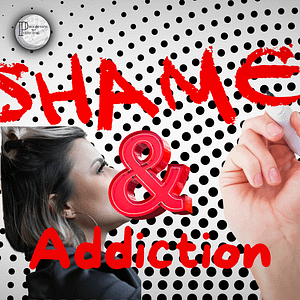











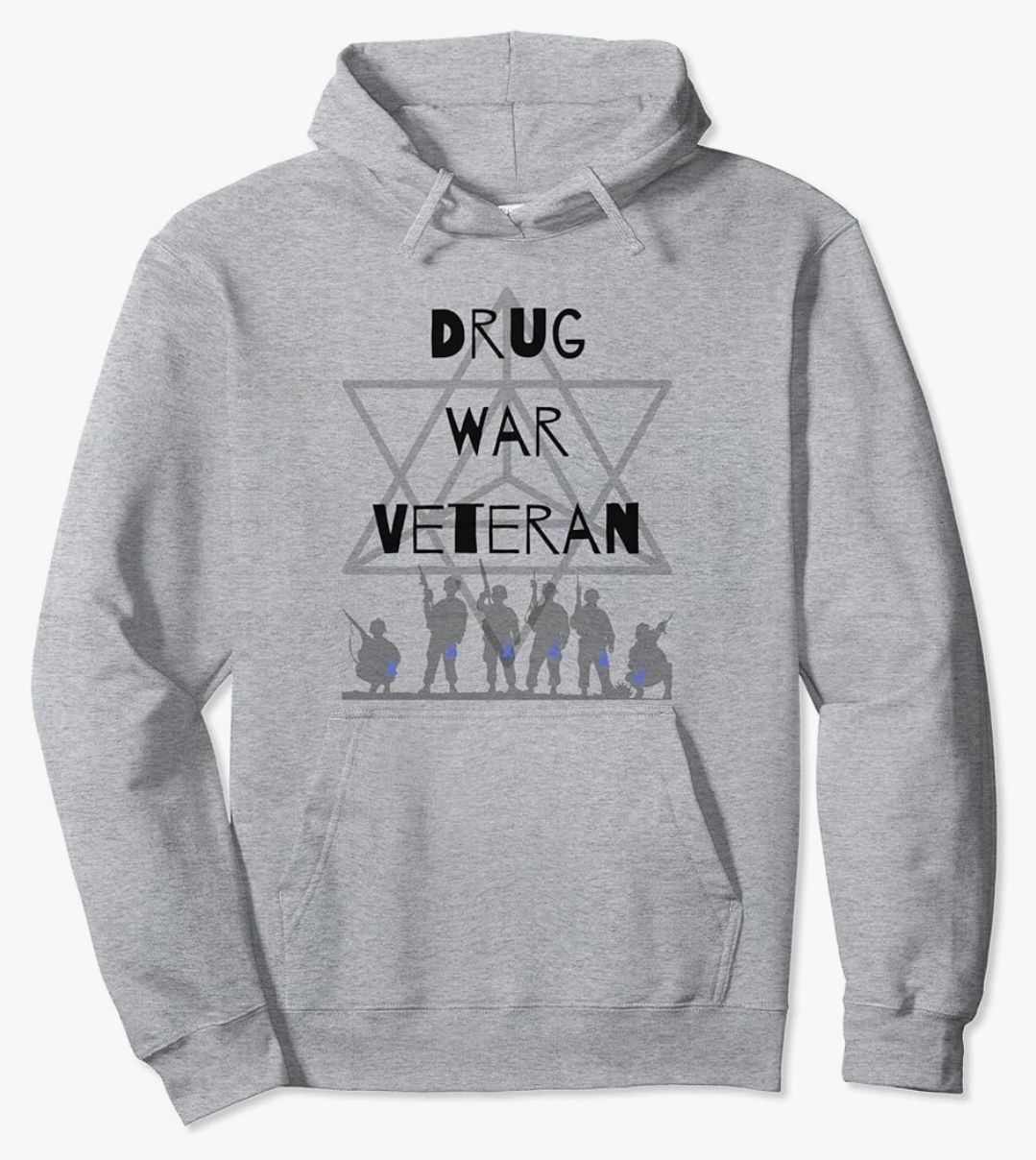

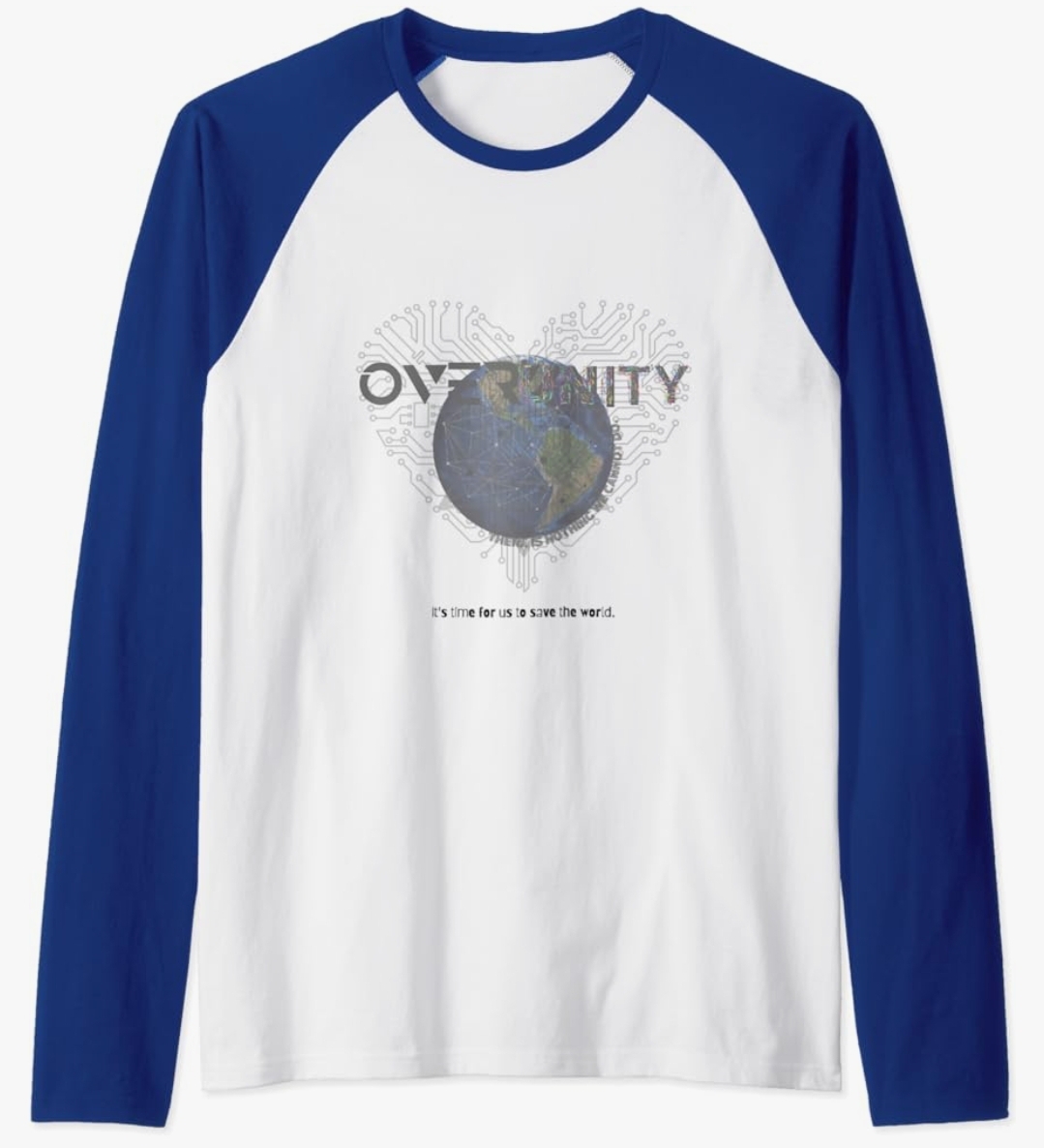



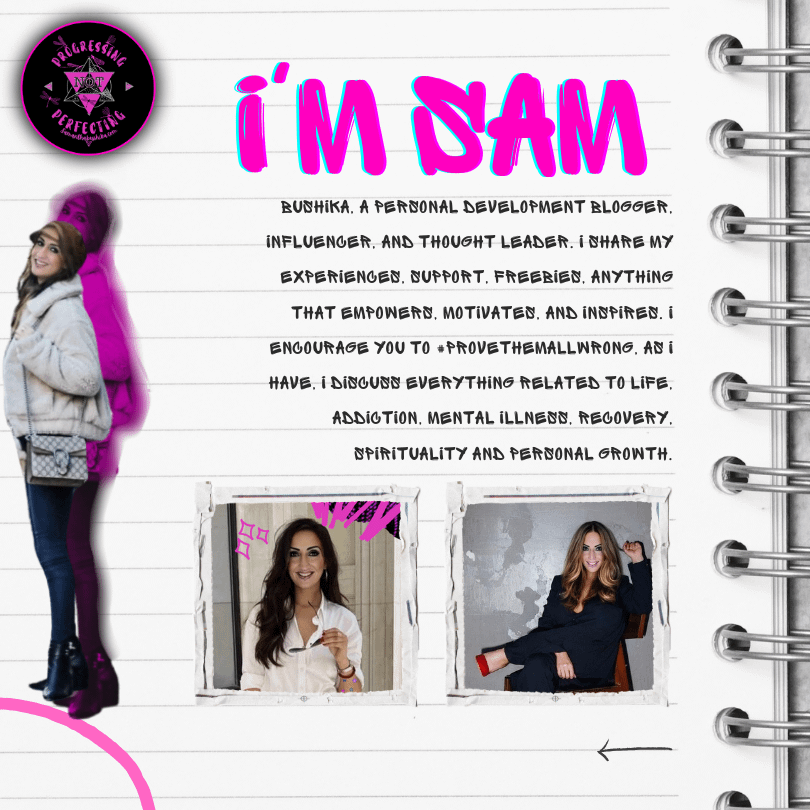
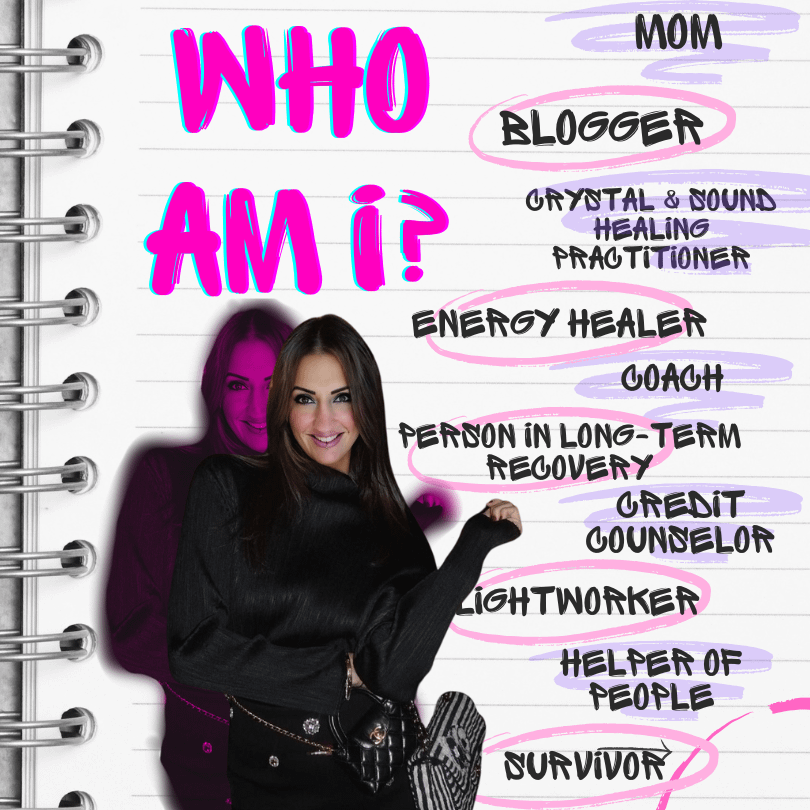
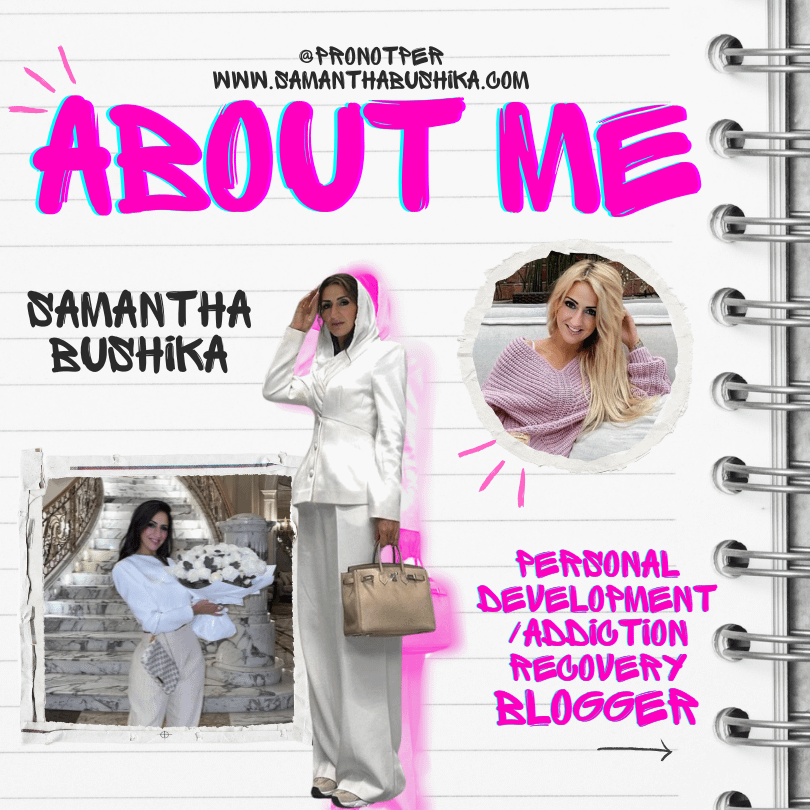











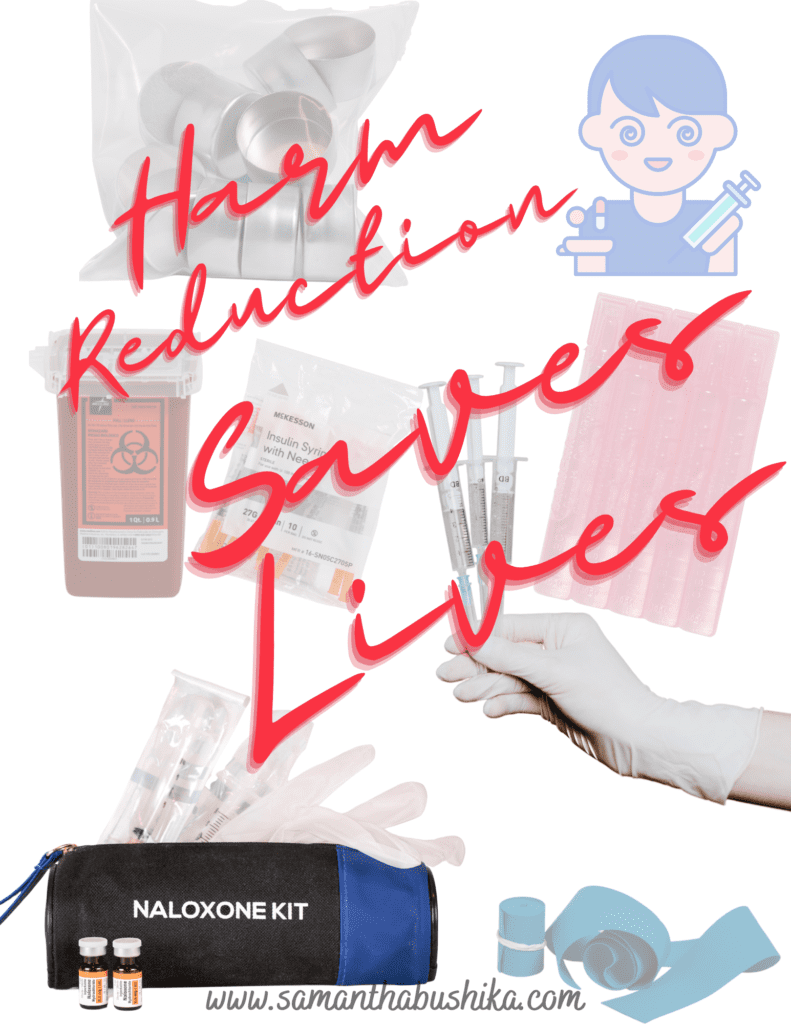
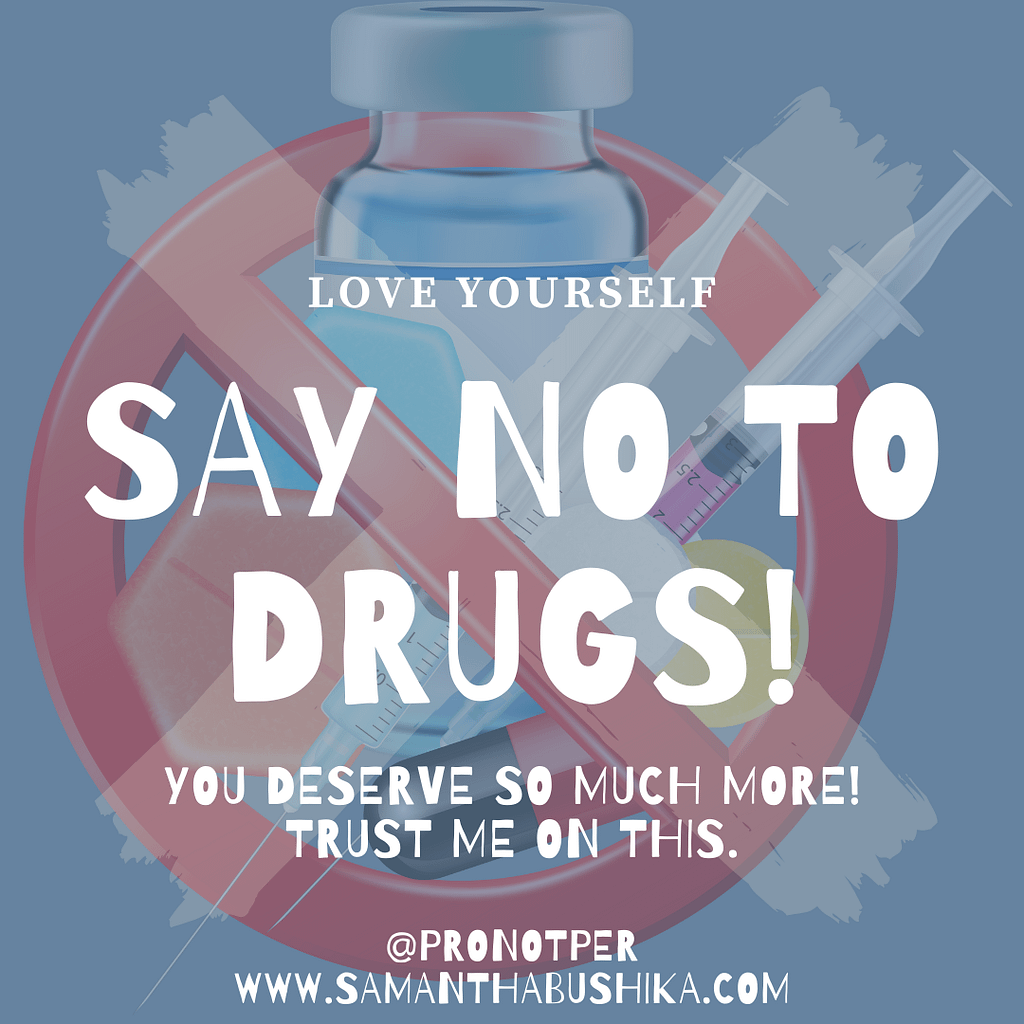


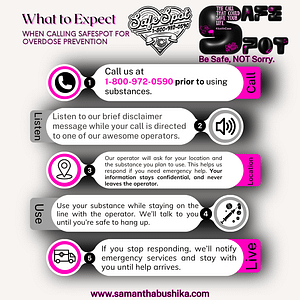

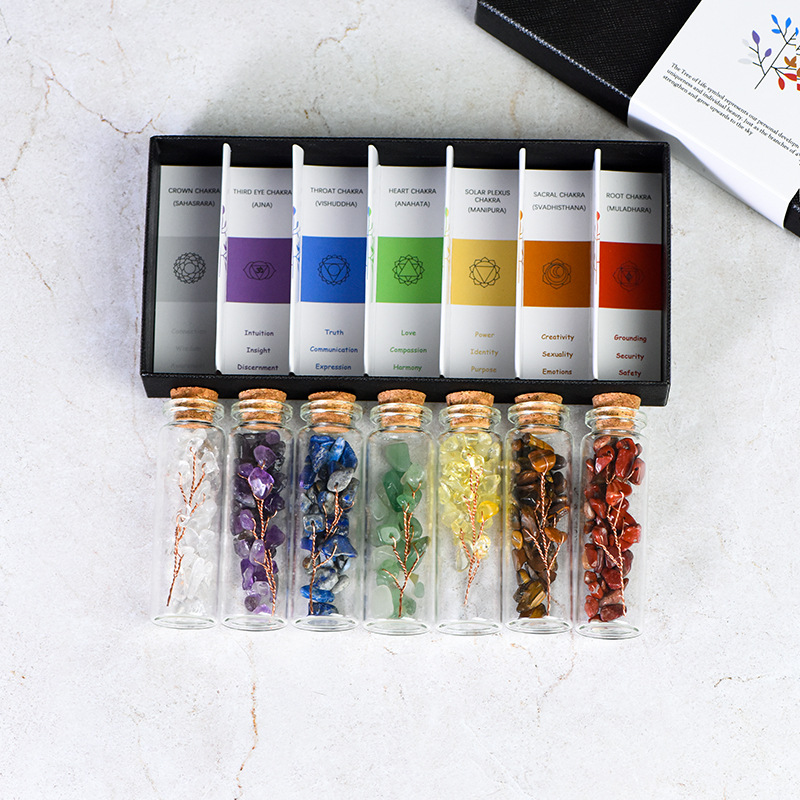
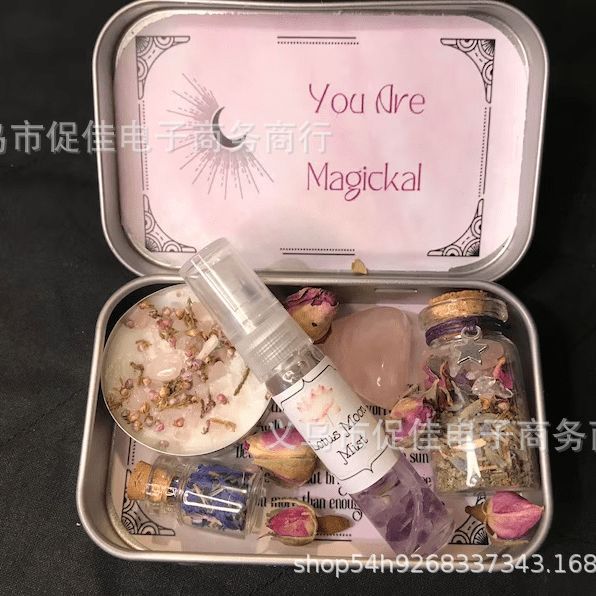

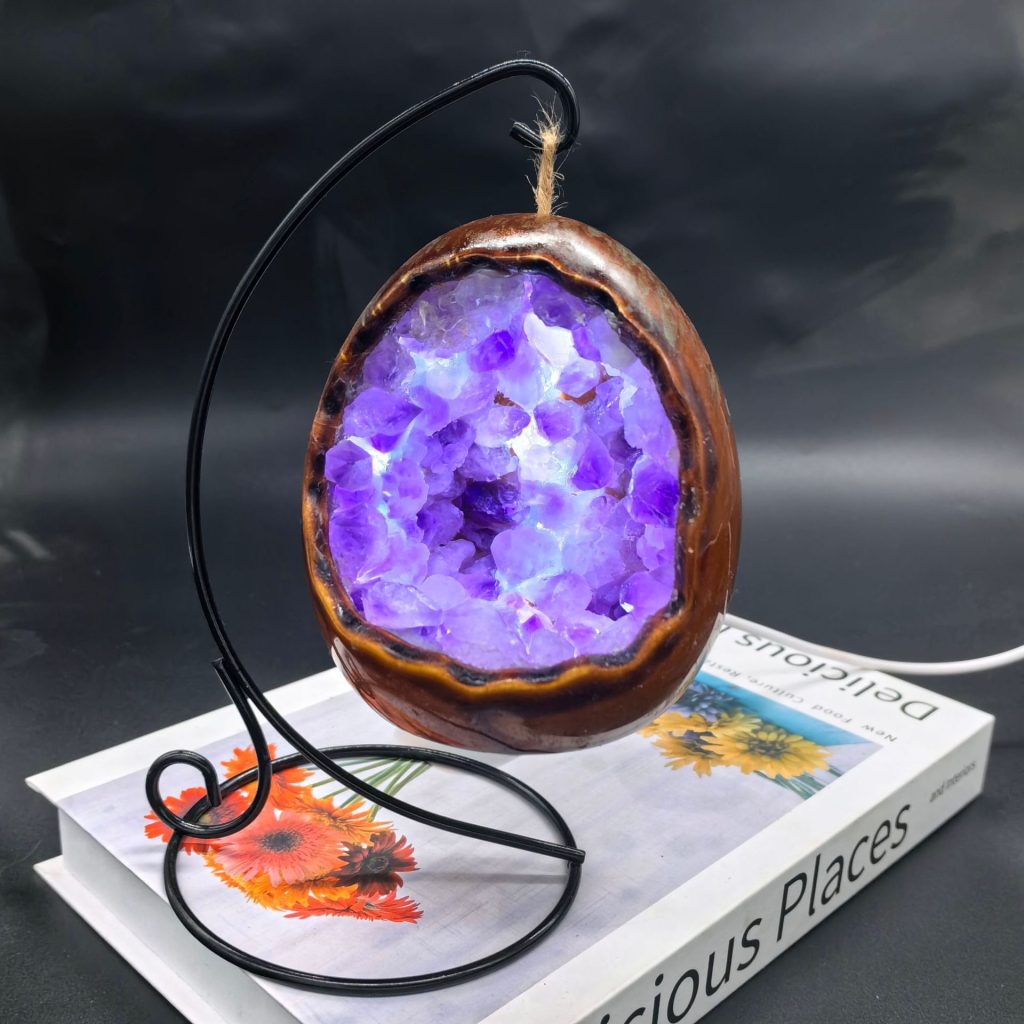
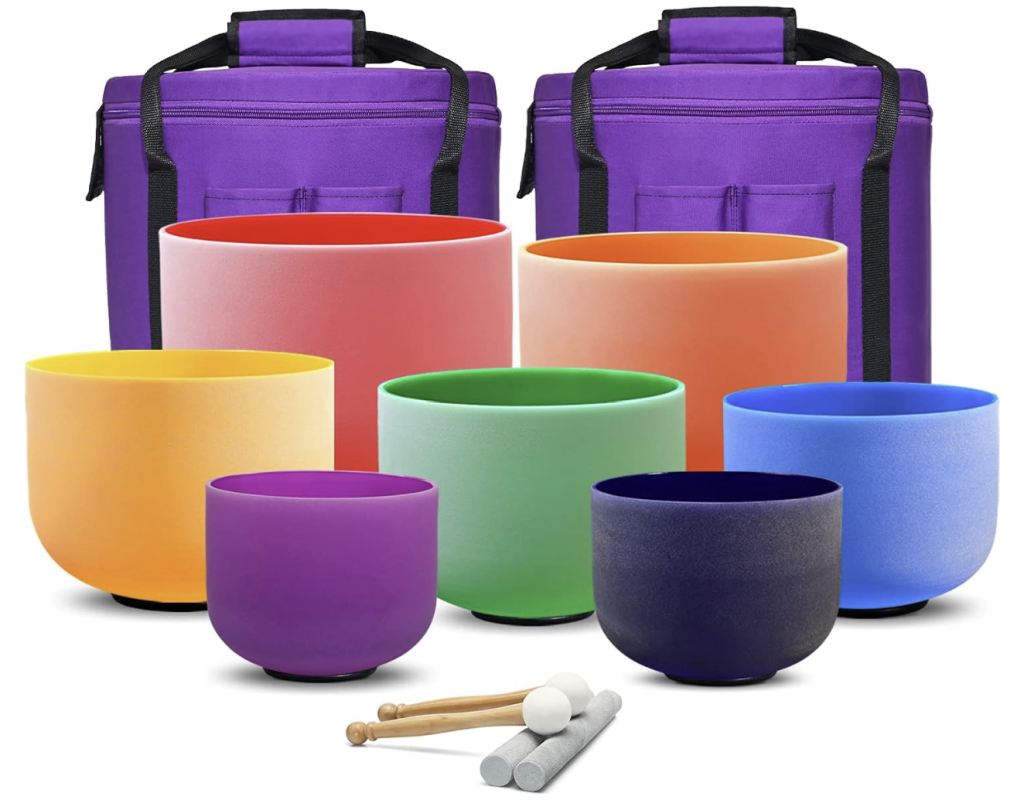
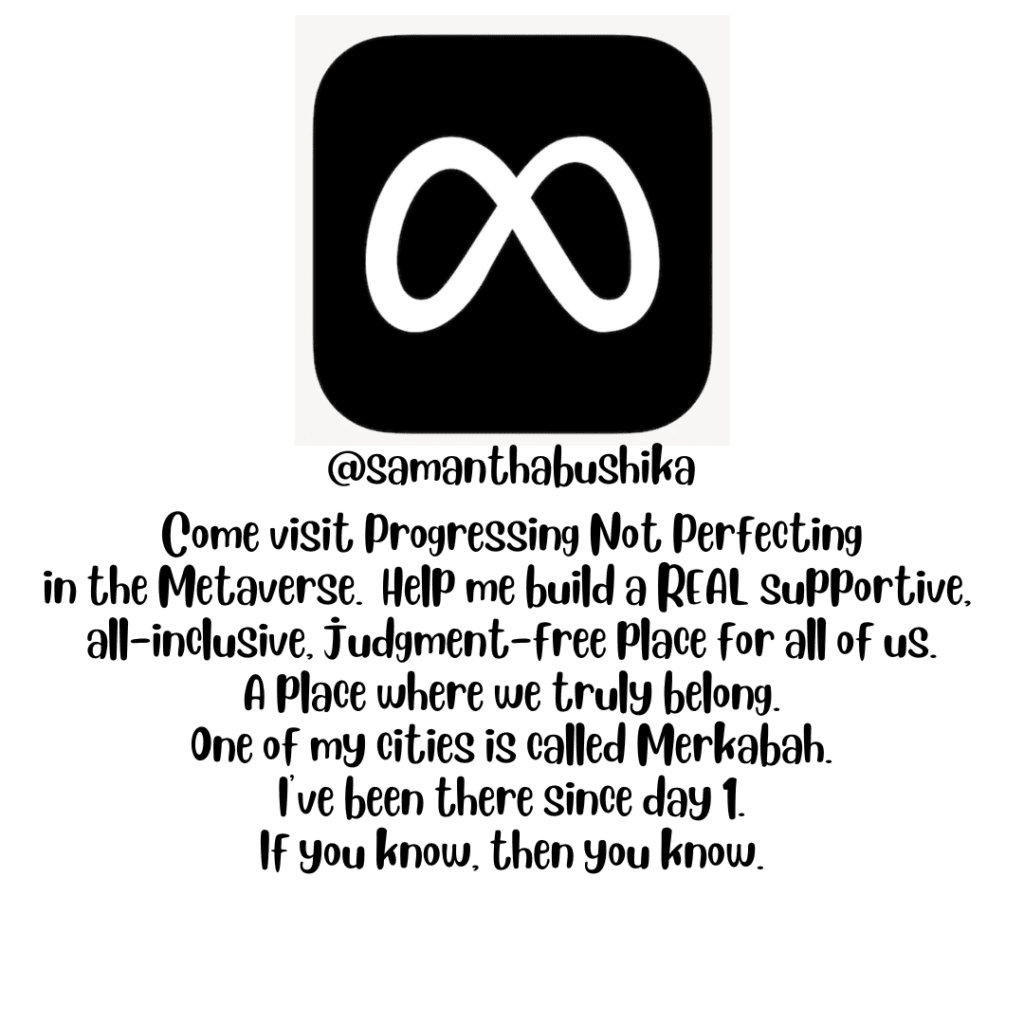
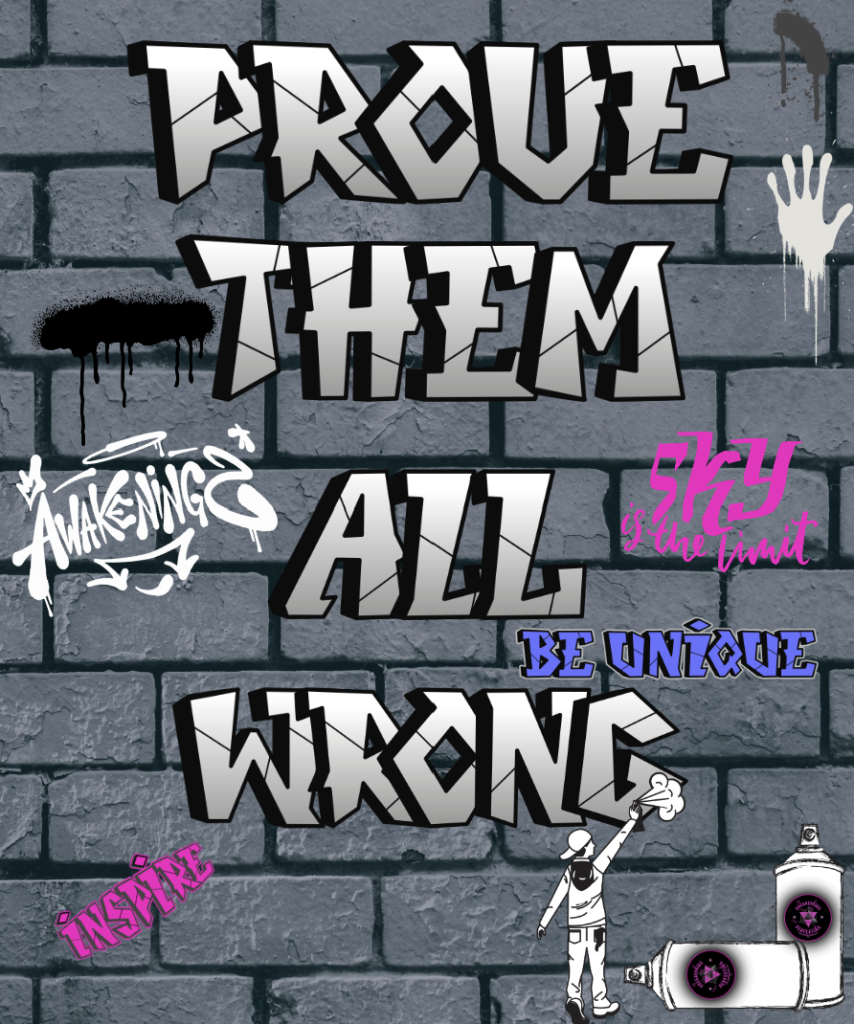









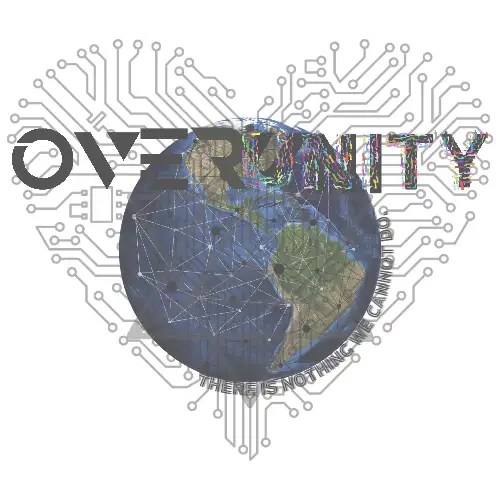



























Love this one and we never seem to talk about it. Thanks!
<3